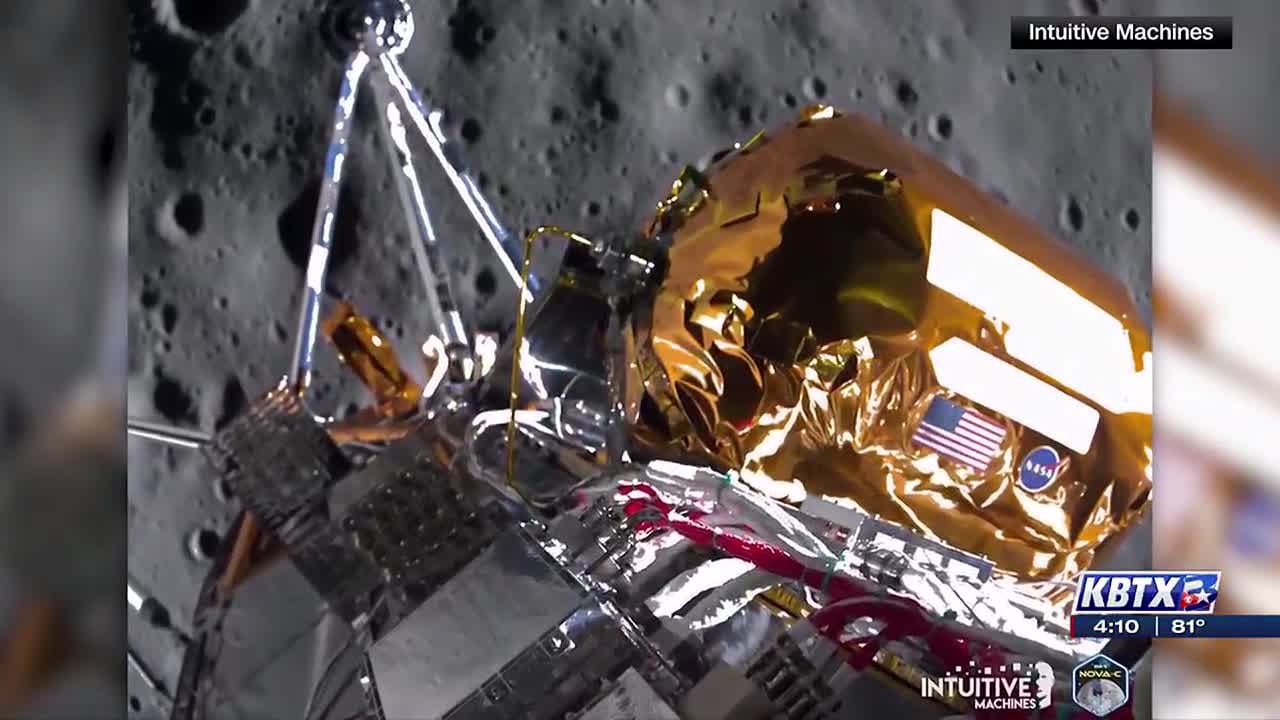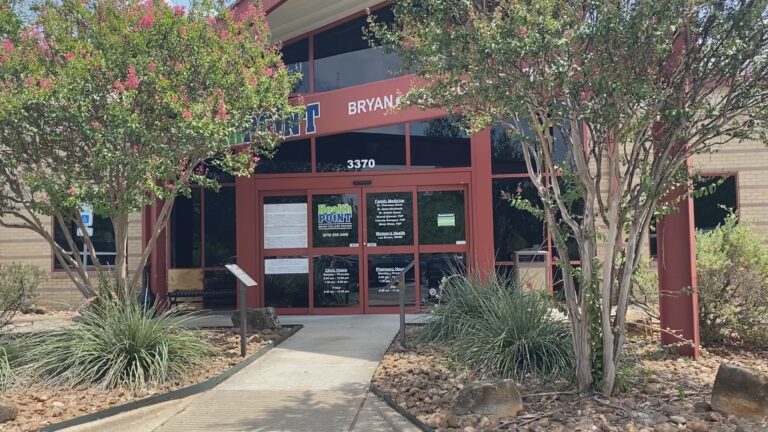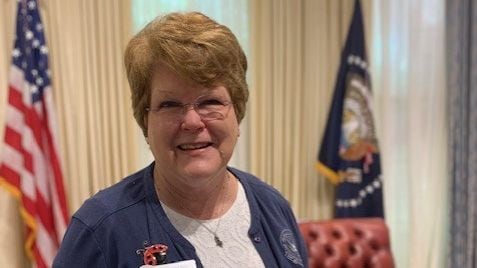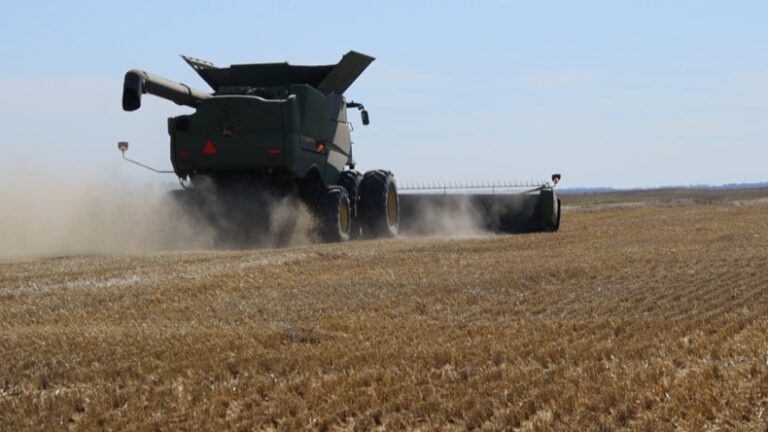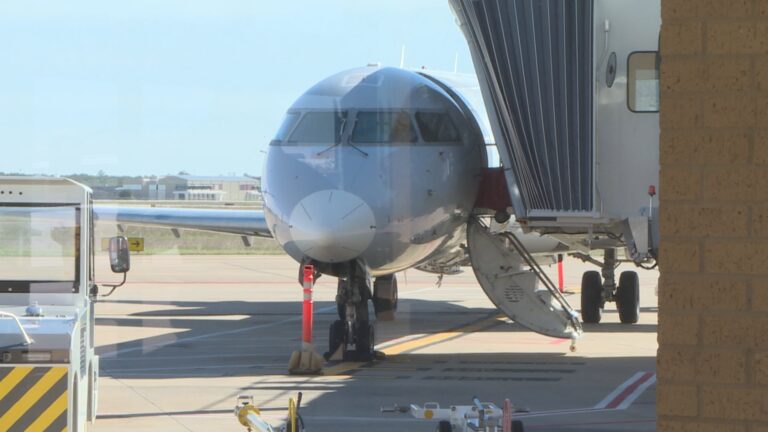Focus at Four: Retired NASA astronaut on the “next step to Mars”
BRYAN, Texas (KBTX) – The Odysseus moon lander is expected to stop communicating with Earth in the coming hours.
The U.S.-made spacecraft landed on the moon last week in an unmanned mission.
It’s the first lunar landing of a U.S.-made spacecraft in more than five decades.
Retired NASA astronaut, and current professor with the Texas A&M Department of Aerospace Engineering, Bonnie Dunbar, said on First News at Four Tuesday that the mission was incredibly successful, despite the spacecraft tipping over.
“It is very hard to get to the moon. Number one. It’s the first time we’ve been able to land on the South Pole, which is a much more complex orbital trajectory destination,” said Dunbar.
Sending data back and continuing experimental operations were some of the key parts of the success of this mission. The technology and success of the private sector on the moon is also a win for NASA.
“It’s opening up the commercial environment for space, just like NASA helped to open up the commercial environment for aviation and aeronautics,” said Dunbar.
The renewed interest in space is not just in agencies and board rooms, but also in young adults in the Bryan and College Station area.
“We don’t have enough faculty actually to serve all of the student demand, and in fact, I’m searching for faculty in the human spaceflight area. So anyone out there that’s got a PhD interested in a faculty position? Call me. The demands there,” Dunbar said.
Dunbar has logged over 50 days in space and has piloted all five of her missions. She said that this is just the start of something bigger.
“It’s the next step. So I had the opportunity to come in on the tail end of Apollo. I saw 30 years of shuttle. I was there at the birth and at the retirement. But at the end of the shuttle we were building the foundation for the International Space Station, which has been operating for over 20 years now. It is still up there. Hopefully, it’ll be there through 2030, and that’s the platform that we’ll be helping to develop new space stations,” said Dunbar.
The exploration of the final frontier might not be as far away as we may think.
“Hopefully we’ll have a base on the South Pole of the moon just like we have a base on Antarctica. You know, only a little over 100 years ago, no one had been to the South Pole. And now you look at it and you have about 30 nations over there with research bases. And the moon will be the next step to Mars. It’s important,” said Dunbar.

